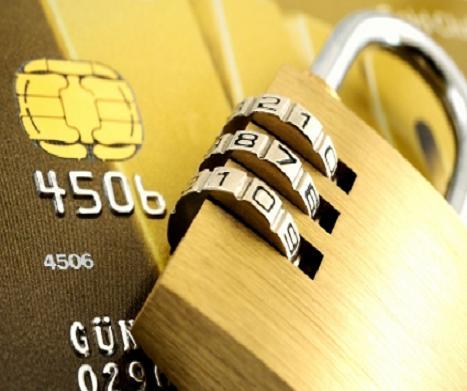Polonius, a character in Shakespeare’s play “Hamlet” advises his son, “Neither a lender nor a borrower be”. With due respect to Polonius and his genius, credit has become a part and parcel of our life. While most of us cannot be lenders, we are bound to be borrowers because of the system we live with.
Consumer credit is a scheme to receive goods and services today in lieu of the payments made in future. When you use electricity, water, or post-paid telephone services, you are using credit, as the payment for these services will be paid later. These credits are not harmful but we have to be careful about the most used consumer credit options, i.e. credit cards, buying consumer goods on credit and easy financing etc
Uses and misuses of credit
Credit can be a great help in times of need but it can also destroy your finances if used carelessly. Using credit has two facets; it gives you immediate benefits in terms of increased productivity, conveniences, or just simple satisfaction to vanity; it also exerts financial and psychological costs. Use the credit only when the advantages outweigh the cost.
The uses of credit are humongous ranging from medical emergencies, education needs, and travel emergencies. Credit cards are usually very handy in most of these situations.
There are times when shopping stores (Pantaloon, Big Bazaar) issue credit cards jointly with a bank and provide 5%-10% cash back or discount. If you are a regular visitor to these stores, you should make use of this option. The only problem with this is that you end up shopping for things you do not need.
In today’s world, a credit card is handy to make reservation in airlines, train, or hotels. While credit helps in many cases where it increases productivity; helps in medical emergency; or builds future growth as in higher education; its misuse can ruin the finances, make you bankrupt and dilute your creditworthiness.
Just because the credit card has a bigger limit, people tend to overspend. This is best avoided alongwith taking up 0% loans on consumer goods.
In addition to these habits, people have a tendency to pay just the minimum amount required. The liability becomes huge after some time.
Managing your credit capacity
It is important to build a good credit capacity (or rating) by judiciously using the credit options available to us. You need to consciously build a good credit score that will enable you to get higher credit in case of an emergency. Instead of driving yourselves into a situation that would require external help like that of a credit counselling agency, try to nip the evil in the bud and figure ways to manage your finances effectively. Using credit does allow you to spend more on goods and services now. But it also reduces the money you have for future needs as a part of your future income will be used to pay for the services or goods you are buying now.
Taking inspiration from what Benjamin Graham said, credit has become a reality of life as certain as death and taxes. To manage our credit better, we have to follow a few ground rules.
Here are a few beginners’ tips that can prove useful:
– Pay the credit card bills on time. No exception.
– Mind your credit scores. If you feel your card details have been compromised, take it up immediately with the bank, which has issued you the card
– Pay your EMI regularly. Any default will damage your credit score and hence creditworthiness.
– Do not use too many credit cards.
– Avoid treating credit cards as easy money. This is the money you have to pay back with high interest if you make it a habit to pay only the minimum amount due every month.
– Do not buy unnecessary items just because it is available on zero credit and low EMI. Remember its money spent!
– Always try to increase your down payment when you take up a loan so that your monthly liability doesn’t eat into your savings.
Finally, credit doesn’t increase your purchasing power. It just brings future purchasing power to the present and gives you a false impression that it has increased.

thanks, for briefing the merits and demerits of credit in such a beautiful way.
Excellent information. Most of the educated mass also know this factor. But what they over look is how to practice that. Credit is always a trap unless it is used only for medical urgency, online ticket booking ,online bill payments & urgent calculated productive business investments.
Never ever buy luxury items which you are not in need of on credit. No need to show off your credit purchase power in front of Girl friends, office colleagues or your own.
Keep an eye on the billing cycle, Pay your entire due within 30-50 days (as described by your bank). A good credit score will make you eligible for future bigger lending which you might be in real need of at that time.
Manta of life is save 50% of your income. Try to spend what ever is left out after savings.
Excellent information. Most of the educated mass also know this factor. But what they over look is how to practice that. Credit is always a trap unless it is used only for medical urgency, online ticket booking ,online bill payments & urgent calculated productive business investments.